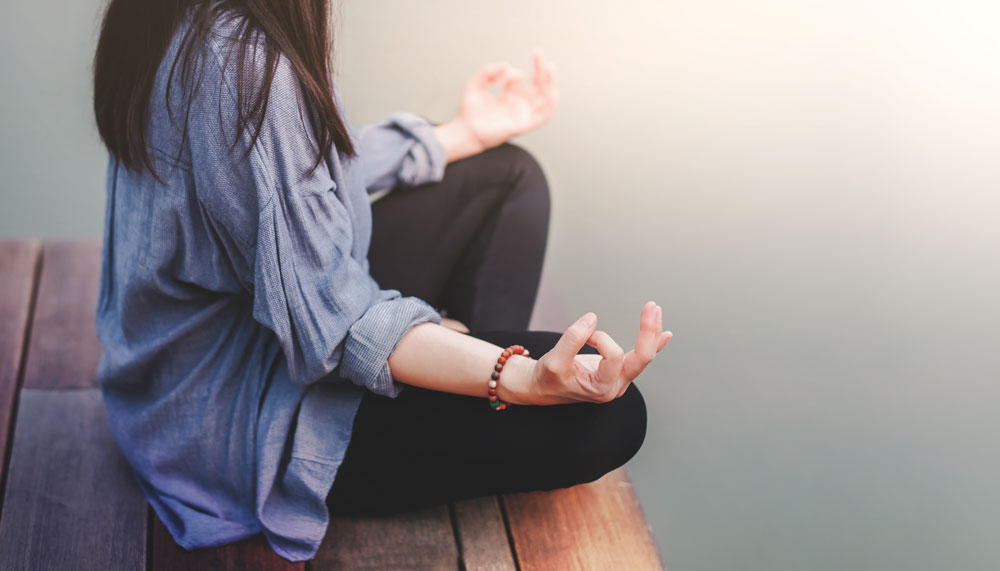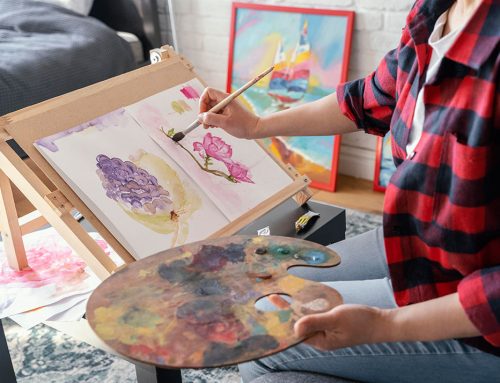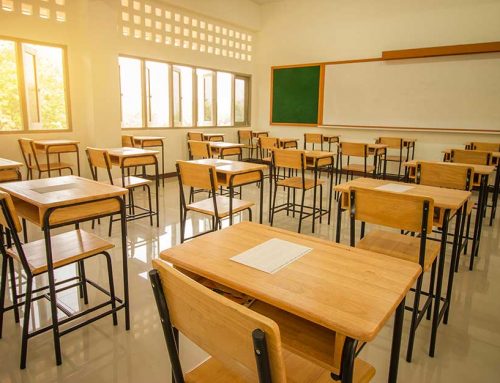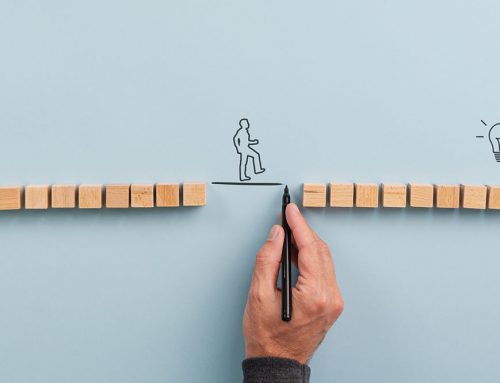Don’t let the lockdown lock your mind down
The world is currently going through a difficult time. Infectious diseases outbreak like COVID-19 can be very scary and have lasting effects on our mental health and well-being. During such situations we tend to feel anxious and get filled with mix of emotions ranging from panic to depression. This spread of deadly novel coronavirus has affected us in different ways. Most of the countries in the world are experiencing lockdown because of which our mental health has started taking a toll. WHO and public health authorities around the world are acting to contain the COVID-19 outbreak. However, this time of crisis is generating stress throughout the population. With school closures and cancelled events, many students are missing out on some of the biggest moments of their young lives — as well as everyday moments like chatting with friends and participating in class. This in turn is affecting their mental well-being by making them cranky and moody. Not just the students but also the adults are facing it difficult to work and balance their family life. Everyone around us is talking about social distancing and staying home, which is reinforcing their thought of being useless and thus is increasing anxiety and frustration. In such a situation it is important for us to an incorporate different rhythm of life, a chance to be in touch with others in different ways than usual. Create a new daily routine that prioritizes looking after you. As a family, we can come up with different ways to cope up with this stressful pandemic situation. It is very important to address the mental health issues that we are facing on a regular basis during this lockdown period.
Following are few ways to work on your mental health and well-being during the lockdown period:
- Stay connected with your friends and family (by maintaining social distance).
- Limit the news and be careful of what you read (since it might build in more of anxiety).
- Have breaks from social media and the things that trigger negative emotions.
- Avoid burnouts (Practice mindfulness exercises- since that might help in reducing anxiety).
- Spend some quality family time (Play games, watching movies with family members, interacting and catching up with what is happening in their lives).
- Engage the students well (Since the schools have been closed, it is very important to engage the children in more productive ways).
- Avoid making assumptions and drawing conclusions.
- Be aware about what you feel and acknowledge your feelings (Avoid denying about what and how you feel by procrastinating and suppressing your thoughts).
- Create distractions (Understand and recognize things that you are in control of and the things that you cannot control).
- If you are unable to handle the stress and anxiety associated with the lockdown get in touch with a mental health professional through calls or emails.
In any biological disaster, themes of fear, uncertainty, and stigmatization are common and may act as barriers to appropriate mental health interventions; however as a responsible citizen of the country it is our responsibility to take a moment from our life and try to work on our mental health and well-being.
Sources:
(Mental health foundation, 2020)
(WHO (World heatlth organisation), 2020)






Leave A Comment